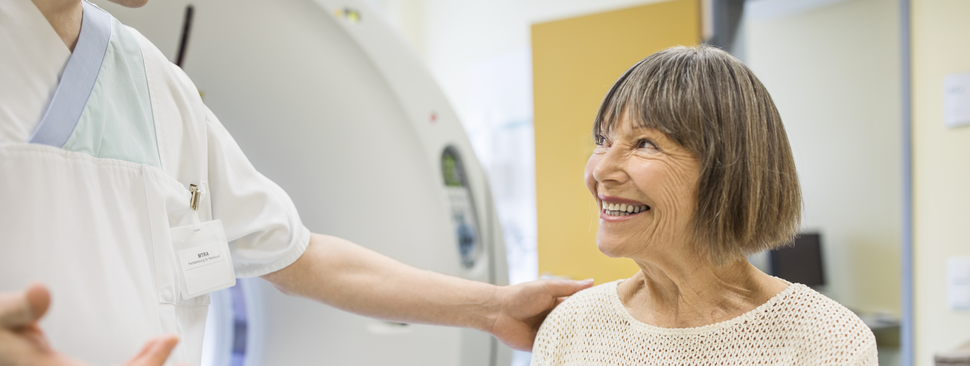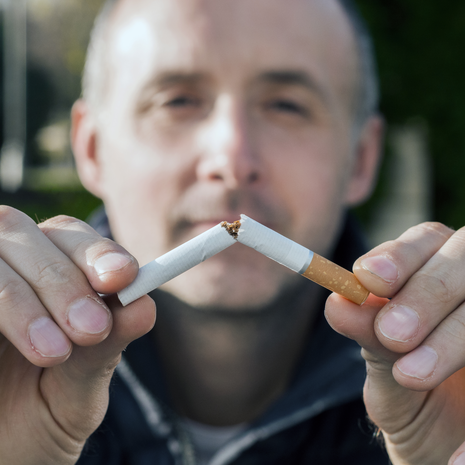
Screening for Lung Cancer at St. Luke's

Screening for Lung Cancer at St. Luke's
Should You Get Screened?
Lung cancer is the leading cause of cancer deaths in the United States. People ages 55-74 who've smoked a pack a day for 30 years or more have a higher risk of lung cancer and would benefit most from screening.
A low dose CT scan can detect very small lung cancers before symptoms appear and when they’re more treatable. But screening for lung cancer is not recommended for everyone, and it does not find all lung cancers.
We don't recommend screening if you quit smoking 15 years ago or longer and are over 80.
Lung cancer screening has the greatest benefit if you're in good health and able to undergo further treatment.
What Are the Risks?
The risks of screening are mostly associated with a high false-positive rate (95 percent of all positive scans don't show cancer), or when the scan shows something else like a nodule.
These other findings can lead to further testing and treatments that can have their own complications. In addition, over-diagnosis (finding cancer that’s not life-threatening) and radiation exposure from the CT scan can be harmful. Though lung cancer screening uses a much lower dose of radiation than a regular CT, there is still a small risk of getting cancer from radiation.
Next Steps
Talk to your provider if you think you may be an appropriate candidate for lung cancer screening.

The best way to avoid cancer is to quit smoking.
Have you had trouble quitting?
Our Tobacco Treatment Program can help.